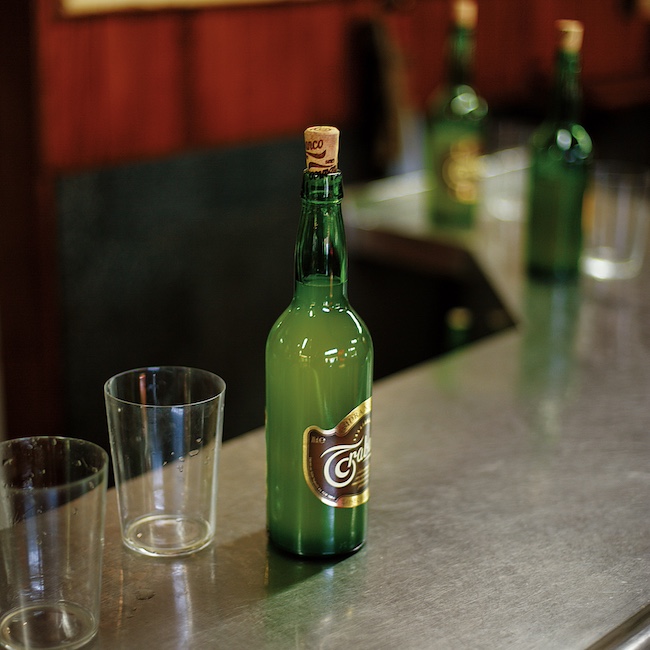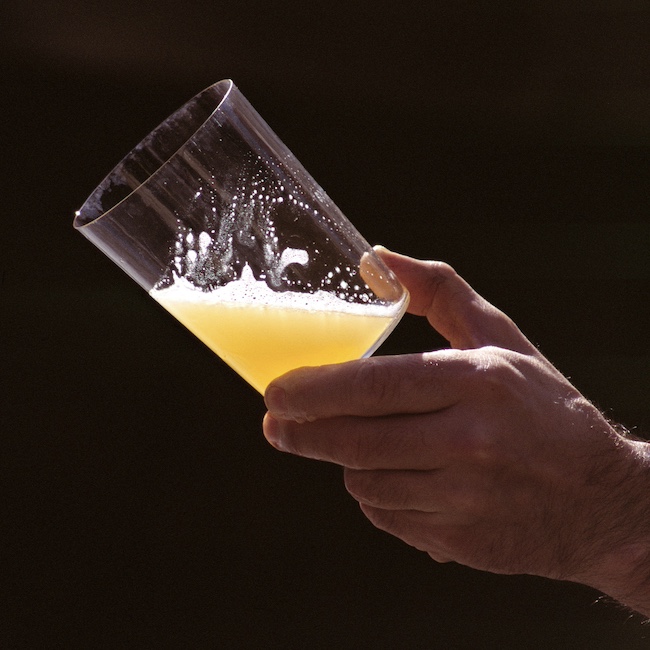.png.transform/rendition-xs/image_image%20(1).png)
Asturian Cider Culture Added to UNESCO’s Intangible Cultural Heritage List
Cider culture was recognized as being a symbol of local identity, preserving the region’s landscapes, and connecting generations through important traditions
Asturias, and the rest of Spain, is popping open a bottle of cider to celebrate the big news: UNESCO has added Asturian cider culture to its Representative List of the Intangible Cultural Heritage of Humanity.
This recognizes both the spaces and processes involved in producing, serving, and drinking natural cider, which is “a symbol of local identity.” Asturian cider, which has its own PDO, is made from fermented local apples grown in orchards throughout the region and represents an important link connecting rural communities, their environment, and sustainable production.
It also has a heavy presence at festivals, traditional events, and competitions as well as at ciderhouses, cider bars, and cider parties, and is an essential part of local cuisine.
As it’s acidic, it pairs especially well with Asturian cheeses, like Cabrales PDO, matching perfectly the sour and sweet notes in this blue cheese. The extensive knowledge and experience that goes into growing apples and making local cider—from choosing the right varieties, milling, and fermenting must—is transferred between families.

The ritual of escanciar
Additionally, cider is believed to help promote local gastronomy, it maintains populations in rural areas, and it helps preserve the region’s landscapes.
However, perhaps one of the most unique qualities of Asturian cider is the art of pouring it, which is unique and passed down over generations. It’s traditionally poured into a glass from a specific height, a process known as escanciar. The objective is to move around the carbonic gas in the drink. For these reasons, among others, it was included in UNESCO’s prestigious list.

Sidra beyond Asturias
Although Asturian cider is best enjoyed in all its glory in Asturias, there are also companies that export it, making it possible to savor this beverage in countries across Europe, the Americas, and Asia. One example is Grupo El Gaitero, a company founded in the late 19th century, which produces not only natural cider but also sparkling cider. It is not the only one: Sidra Trabanco and Sidra Cortina are two other companies that also make it possible for many people worldwide to enjoy a drink that is more than just a beverage—it’s a cultural heritage.
